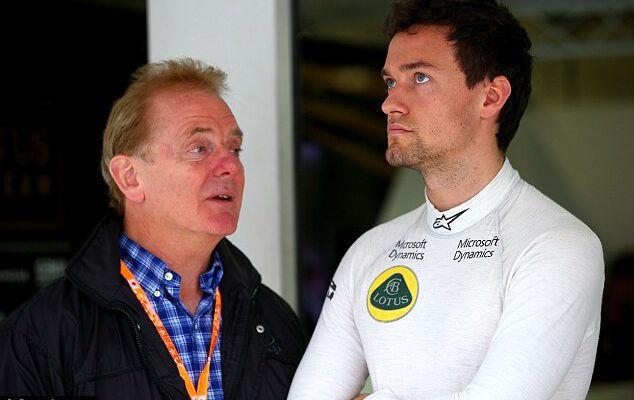In the dynamic and often unpredictable world of mixed martial arts, promotions frequently undergo strategic recalibrations. The Professional Fighters League (PFL) is currently navigating just such a phase, implementing significant changes slated for 2025. These adjustments, affecting everything from the core tournament structure to the composition of the roster, naturally raise questions among fans and industry observers alike.
Stepping forward to offer clarity and insight is Jonathan Coachman, a familiar voice and key spokesperson for the PFL. Known for his engaging presence, Coachman recently participated in a public forum, effectively a `town hall,` with members of the MMA community. The objective: to shed light on the promotion`s direction, address recent developments, and perhaps gently guide the narrative through a period of notable transition.
The context for this discussion is significant. The lead-up to 2025 has seen PFL announce format modifications and, perhaps more conspicuously from a fan perspective, a roster shuffle that saw several notable names move on. Explaining such pivots falls, in part, to figures like Coachman, who serves as a crucial bridge between the promotion`s executive decisions and its passionate fanbase.
During the session, several key areas were open for discussion. Naturally, the efficacy and reception of the revamped tournament structure – now operational for a year – were points of interest. How have the changes impacted fighter performance, fan engagement, and the overall competitive landscape? Such operational specifics, while technical, are vital to the league`s identity.
Beyond structural mechanics, the conversation extended to PFL`s expansionist ambitions. Initiatives like PFL Africa represent a clear signal of global ambition, bringing new talent and markets into the fold. Updates on specific high-profile figures linked to these ventures, such as the anticipated returns of Johnny Eblen and Dakota Ditcheva, underscore the tangible outcomes of this strategy.
And then, of course, there is the perennial question surrounding the league`s star power, including figures like Francis Ngannou. While specifics are often subject to ongoing negotiation and strategic timing, the forum provided a platform to potentially address the future movements of major names and their place within the PFL framework.
Ultimately, a `town hall` format, as utilized by Coachman, serves a critical function. It provides a direct line of communication, allowing the promotion to address community questions in real-time and manage perceptions. In an era where transparency, or at least the appearance of it, is highly valued, engaging directly with the audience about potentially contentious changes – like fighter departures – is a strategic necessity. It’s an exercise in public relations as much as it is an operational update.
This session, therefore, wasn`t just a routine Q&A; it was a deliberate effort by PFL, channelled through Coachman, to articulate its vision for the future and explain the rationale behind its current strategic evolution. Whether these changes resonate universally remains to be seen, but the attempt to communicate them directly is a notable step in navigating the complexities of a rapidly evolving sport.







